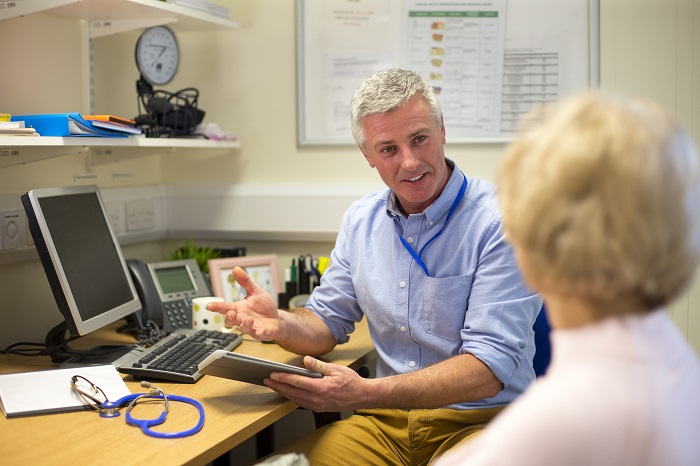(First published in Australian Doctor Magazine – February 2022)
To be a practice owner, or not to be a practice owner.
Most GPs at one time or another contemplate the ownership question.
And yes, it is often a great step to growing your income and assets, but it is also true that not everyone should do it.
There are a few things you should consider when you are at the decision point.
1. The margins or is it worth your time?
GP practices typically run on pretty skinny margins and unless you are actively running the business and taking the time to run the business in a business-like manner, then it is easy for a GP practice to be running at a loss.
What’s worse is some small GP practices don’t even realise they are running at a loss because the owner’s billings are being booked as income. This can mean that they are propping up the business.
If you are business minded and have the ability to manage staff and contracting doctors, the second concern is how many hours are you spending per week running the business when you could be seeing (and billing) patients.
In other words, the profit you might be generating could be less than if you just stayed as a contracting doctor.
With the above in mind, if you really have the passion to run a practice (the “passion” is important) and you do make a profit, then is the extra stress worth it?
A contracting doctor can easily make $200,000+ after management fees.
Assuming I haven’t scared you away, and I don’t want to, then the good news is that when you run a practice effectively you can generate additional income, secure your own income, and importantly grow the value of the asset. The other upside is that business profits aren’t necessarily taxed in your own name.
2. Should you buy an existing practice?
If you are considering being a practice owner, the next step is deciding if you want to buy an existing practice or start a new one.
Buying an existing practice comes with some complications.
The main advantages are that you are getting a known business that has doctors with patients, staff and premises.
The downside is, of course, you pay for this.
A typical GP practice can be worth anywhere from 2-5 times the yearly profit.
So, a practice that makes $200,000 a year might be worth $400,000 to $1,000,000.
Ensure you get a valuation as there are a lot of elements to this very broad statement, and all that glitters is not gold.
A potential caution for an existing practice are the potential hidden matters.
Due diligence can check the financials are as they are stated, and also check the terms of the contracts. But how well do you know the practice, its day-to-day ecosystem?
- Are the doctors happy?
- Are the staff happy?
- Are the patients happy?
This is very difficult to assess, especially if you are buying from interstate or another city.
And that is why a lot of doctors prefer to buy a practice they are working at or know well. They are familiar with the grapevine; and that knowledge, as long as it's reliable, can take a lot of unknowns away from the purchase.
An alternative option that might be easier is to buy part of a practice, and the existing owner might be happy to secure you as a long-term contractor by offering you part of the business.
This can be advantageous as the existing owner can assist in running the practice. They will likely already have the experience in doing this.
And for many doctors of course, this is normally the preferred option. Again, starting your own practice takes considerable time, research and also money.
3. What about opening a new practice?
Doctors do start from scratch. They have a dream they want to pursue — maybe it’s a style of medical practice they have embraced. And people like building things.
Again, it has to be a dream that has to be underpinned with some pragmatism.
It is important to consider how much it will cost in lost time where you could be billing. Rent, wages, fit-out costs, and doctor guarantees until you can generate a profit?
Also, there are costs prior to opening. You need a feasibility study in the area to determine demographics and competition that helps check the viability.
Will the area support private billing, mixed billing or will you have to survive on near universal bulk-billing? What will differentiate this practice from the others in the area?
It is very easy to run up significant costs (compared to buying an existing practice) before you have yourself a profitable GP practice.
If this hasn’t scared you away then you are possibly one of the doctors who is destined to run their own practice.
If you have any questions regarding the above, contact Director of Business Services and Taxation Brendan Campbell at bcampbell@prosperity.com.au. Alternatively, we have Specialist Health Sector Advisers in each of our offices. If you would like to speak to one in your location, call 1300 795 515.



